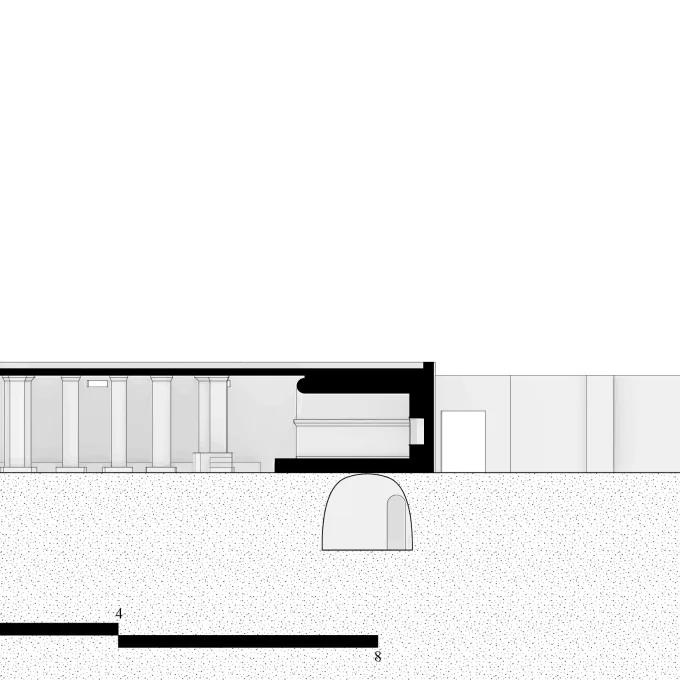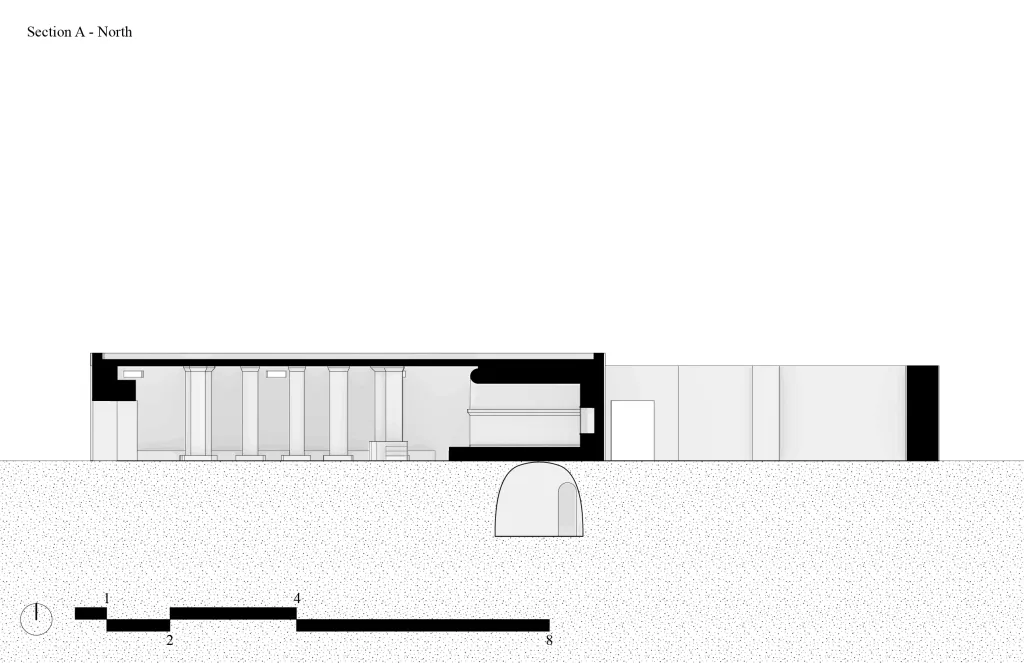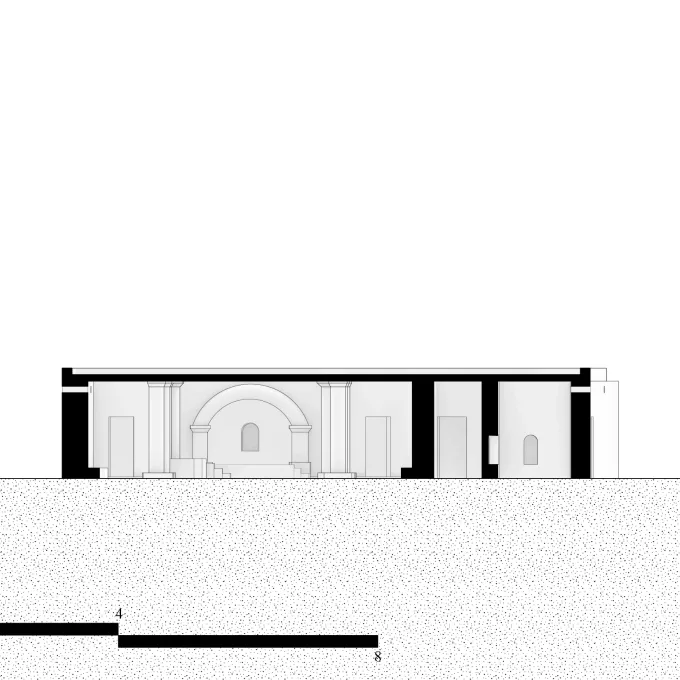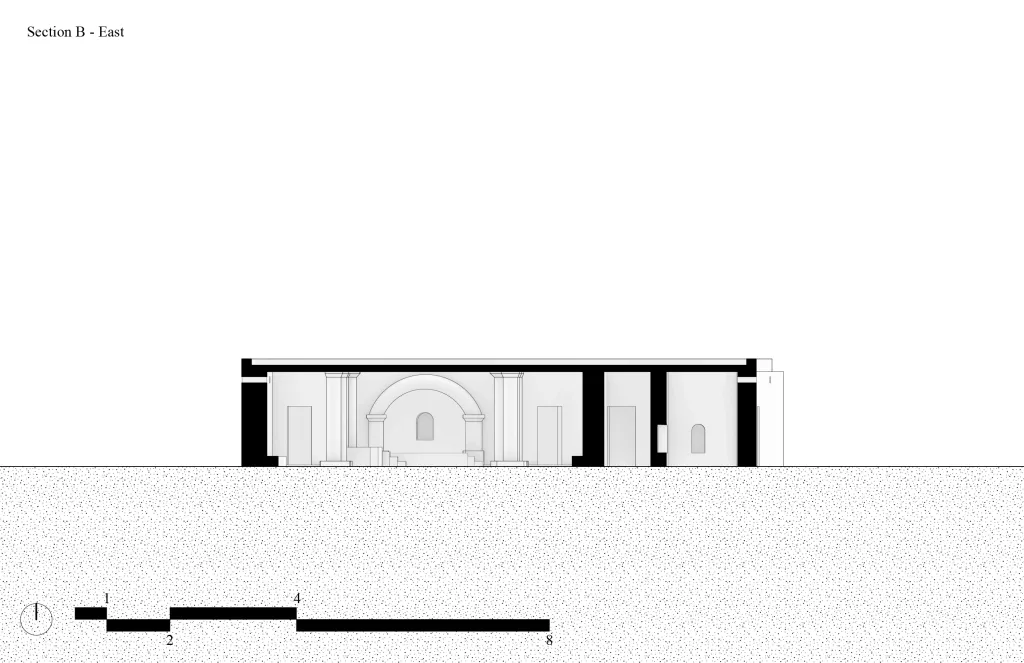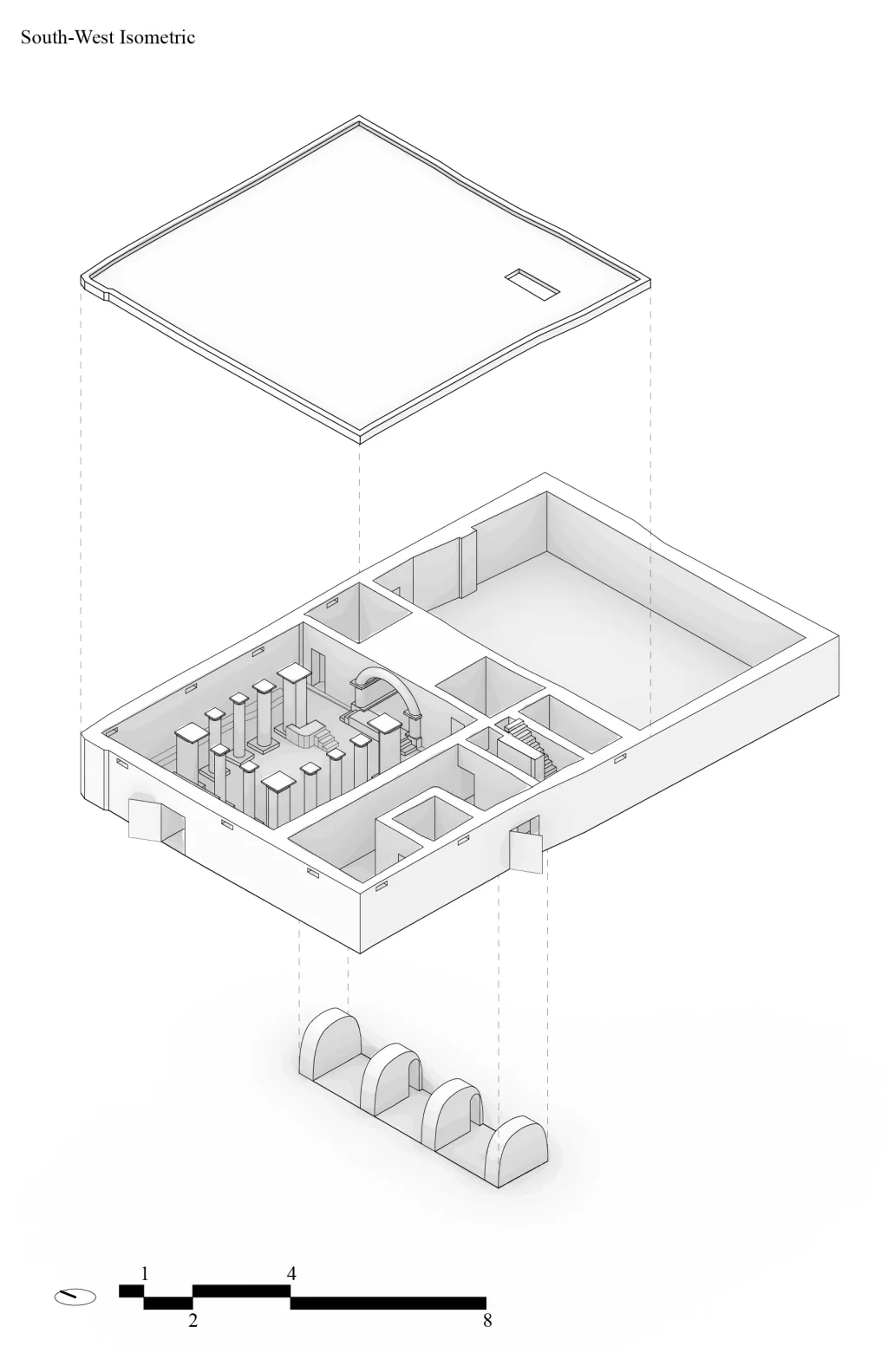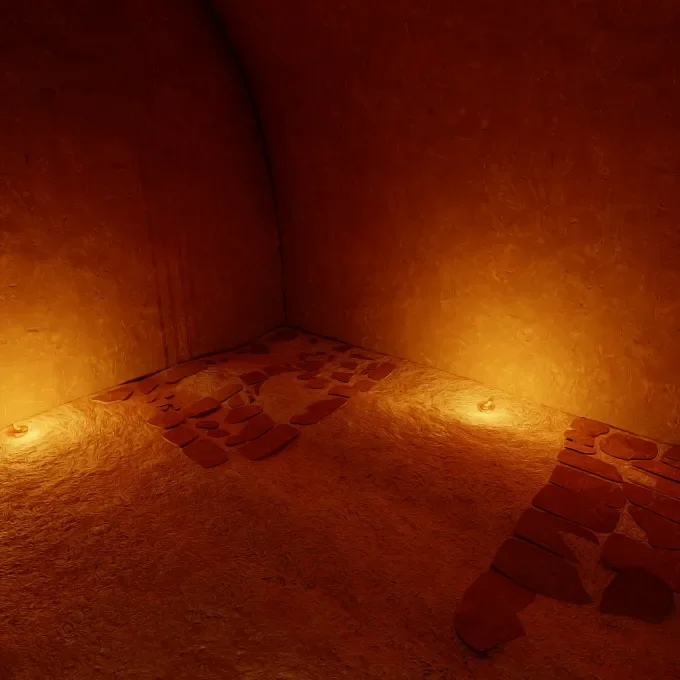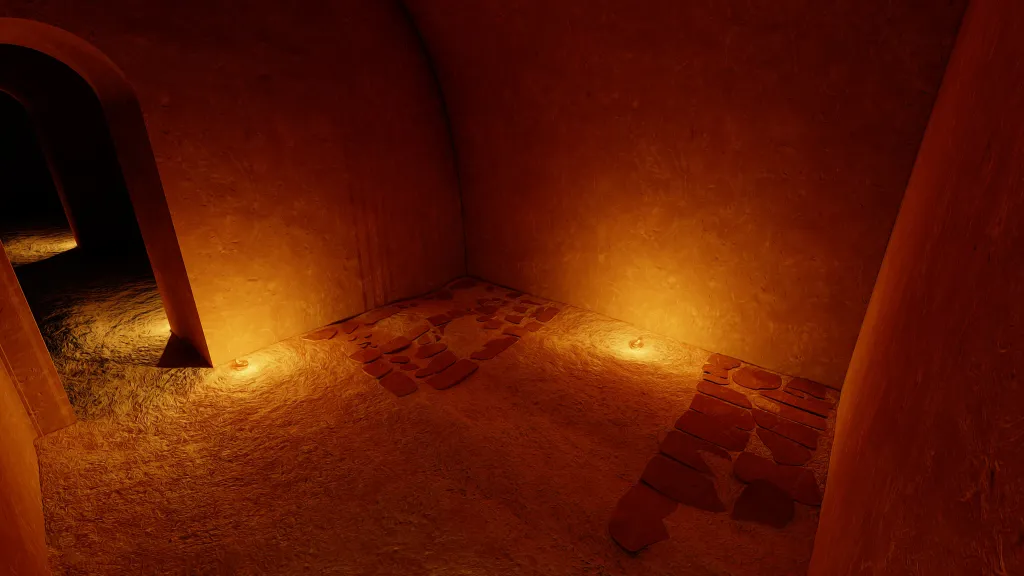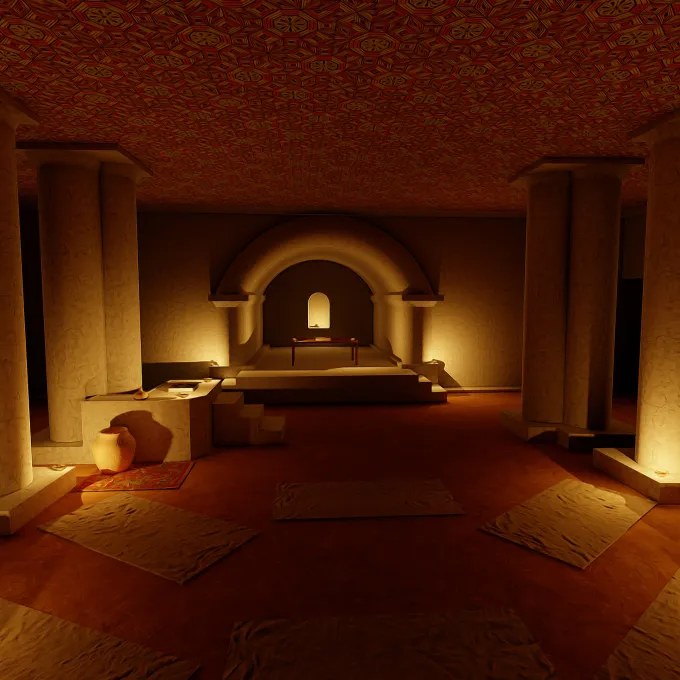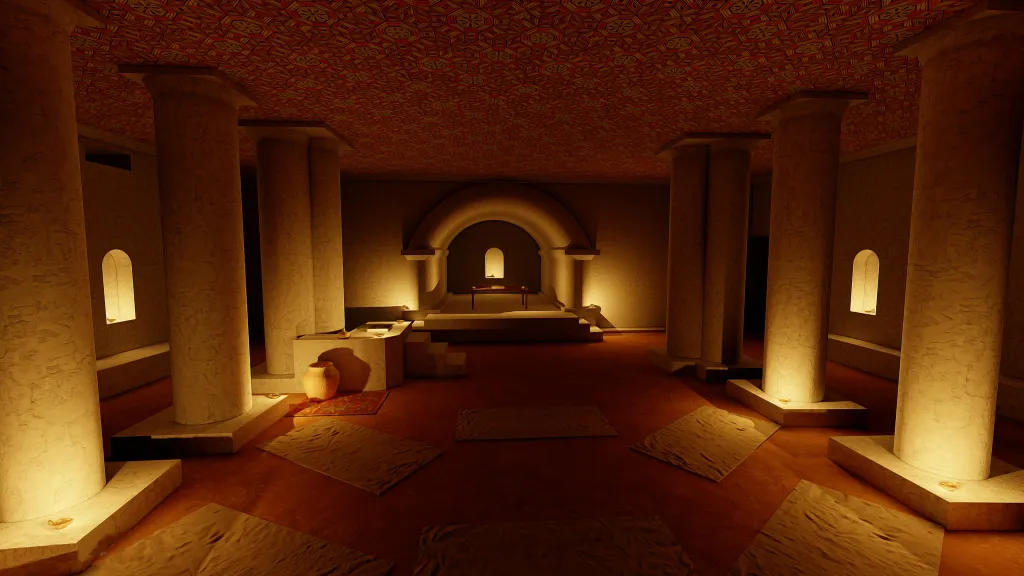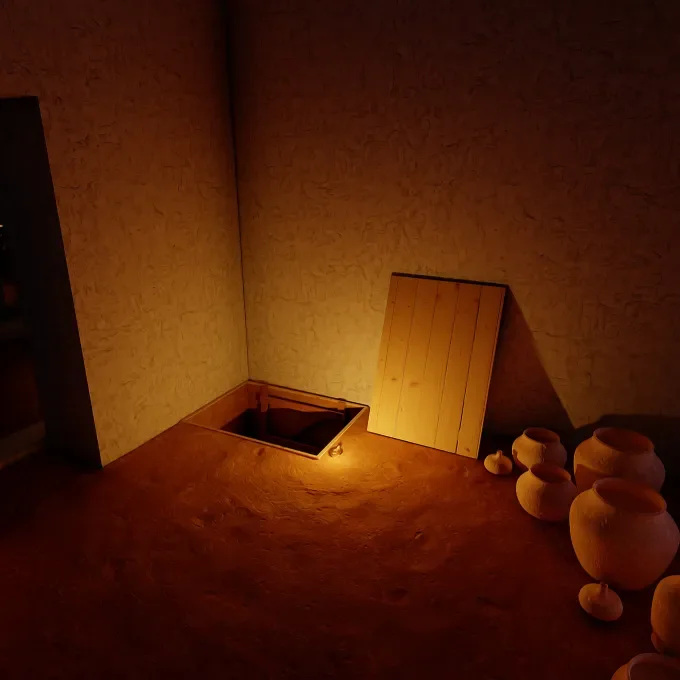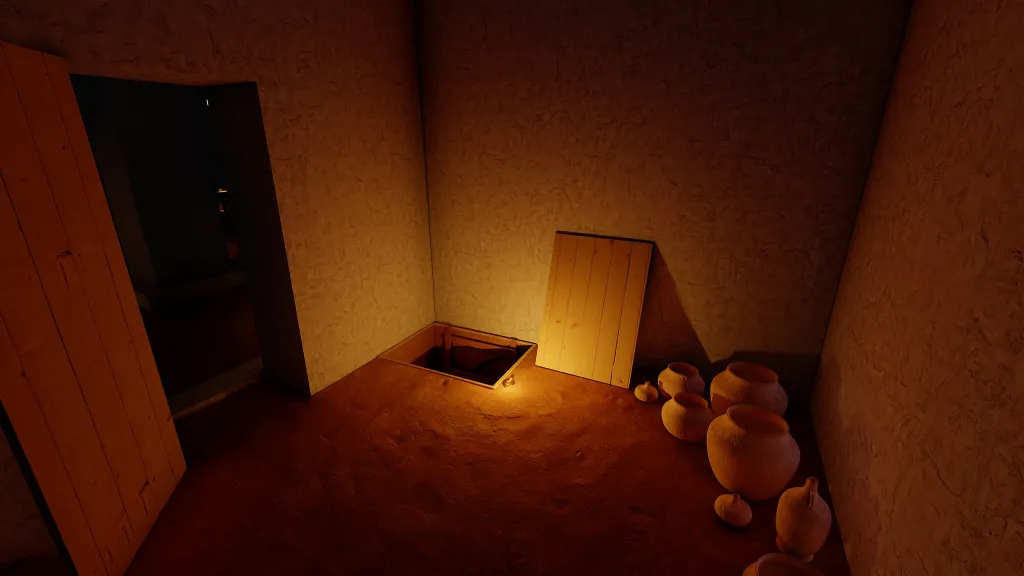The Department of Classics encourages its majors and minors to do research both independently and in cooperation with faculty members. Research assistantships for students to work with faculty members on research projects are available, as is funding to help students carry out their own research and present it at various venues. Students interested in undergraduate research projects should consult with their faculty advisor.
Current Opportunities for Undergraduate Assistantships with Faculty
All are 1-6 hours per week
A database of Greek dramatic meters
Assist in the creation and expansion of an open-access online database that charts the meters—and through them the musical structure—of ancient Greek plays. Activities include learning and using various coding tools, creation and proofing of computer-readable files, and web design. Knowledge of ancient Greek is welcome but not required.
Images of Ancient Music
Assist in the expansion of an online collection of items from museums around the world that include images of ancient Greek and Roman musical instruments and other musical activities. Tasks include gathering photos for the database, researching the context of the photos, and adding appropriate metadata.
Recordings of Greek and Roman Literature Read Aloud
Produce appropriate metadata for an online repository of recordings of readings of ancient Greek and Roman poetry and other texts. The recordings were made at the University of Texas in the 1970s and include readings by expert readers of Greek and Latin that are not otherwise available. Knowledge of Greek and/or Latin is welcome but not required.
Artistry and Ideology: Livy’s Vocabulary of Virtue: An online version
Assist Professor Timothy Moore in converting his 1989 book, Artistry and Ideology: Livy’s Vocabulary of Virtue, to an online, open-access version. Tasks include scanning the book, using appropriate optical recognition software to make a machine-readable form of the scan, correcting some errors in the print version and the new form, and helping to post the new version on line. Knowledge of Latin is welcome but not required.
Old and Rare Books in Classics
The John and Penelope Biggs Department of Classics owns a collection of rare books dating from as early as the 17th century. Research these books and their provenance, catalogue them, and share what you have learned about them. Knowledge of Greek and/or Latin is welcome but not required.
The WashU Classics Pamphlet Collection
Olin Library hosts a collection of articles, lectures, and works related to Classics from the first half of the 20th century. Some of the collection has been catalogued and added to the WashU Catalogue, but much of the collection remains uncatalogued. Research these pamphlets and their provenance, catalogue them, and share what you have learned about them. Knowledge of German, Greek and/or Latin is welcome but not required.

